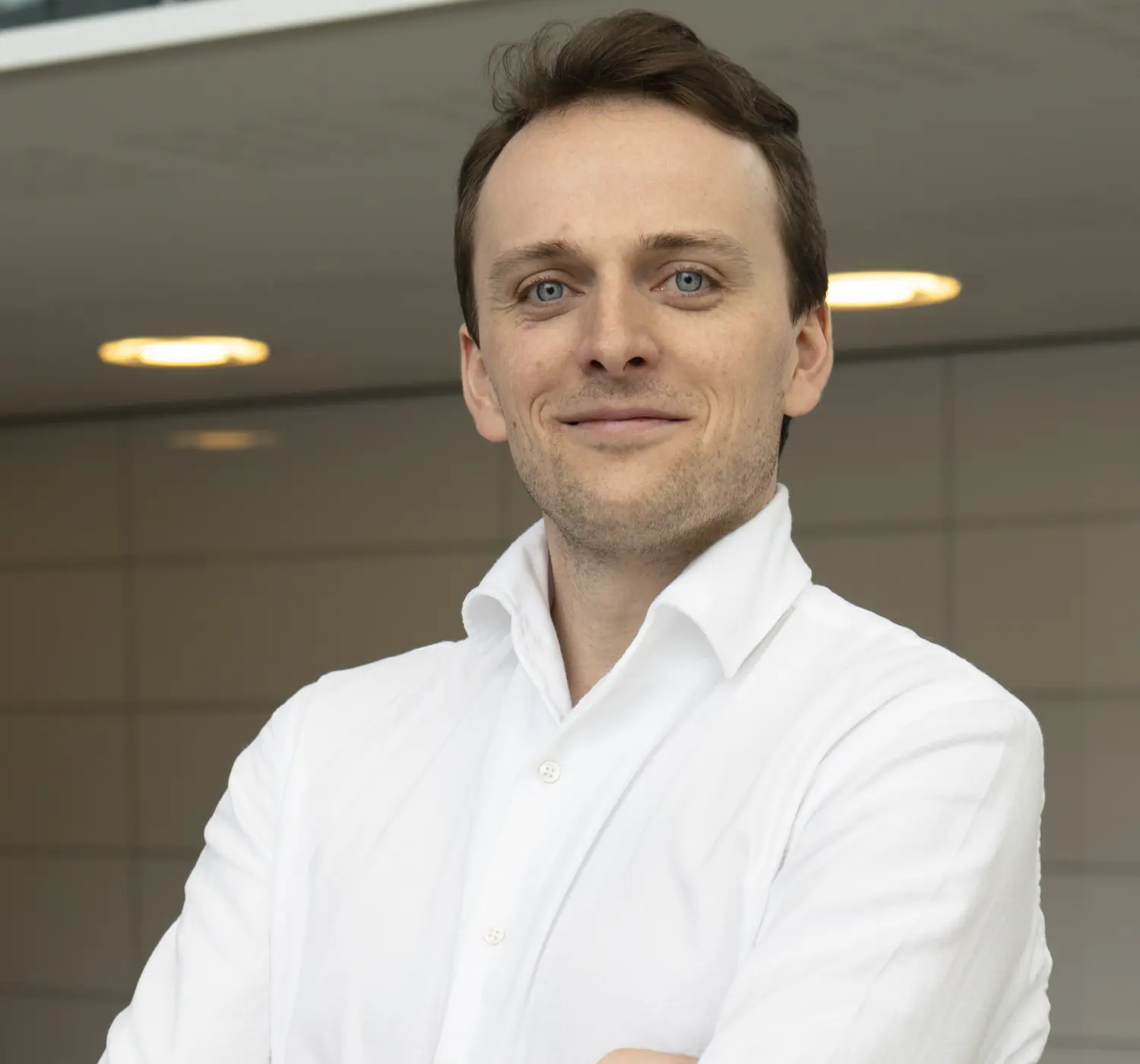
Bram Kerssemakers recently joined the Planet B.io team as Programme Manager Protein Port. Bram has vast experience in the development of our bioeconomy. Moreover, he brings a proven track record of working in industrial fermentation and research funding.
He will take responsibility on all activities within Protein Port, a network of companies, institutes and educational institutions aimed at strengthening and accelerating the protein transition. Protein Port focuses on creating new activity and collaborations within the protein sector and has the ambition to act as a catalyst for cooperation in the field of alternative proteins.
We had a talk with Bram about his career and experience.
Why did you say yes to joining Planet B.io as Programme Manager Protein Port?
“The protein transition is a fundamental part of developing our economy of the future, one that is resilient, competitive and non-exhaustive to planetary resources. Being a part of this transition is a great personal motivator and it’s very appealing to me to be a connecting factor in all the amazing work that is already being done. The great ecosystem, facilities and support that Planet B.io offers to scientists and entrepreneurs is a perfect starting point to build on.”
What inspired you to study Biotechnology?
“The power of nature, and microbiology in particular, is truly fascinating to me. All those years of evolution have resulted in beautiful systems that can operate in many different environments. From the start of my academic career I have been interested to see how this diversity can be linked to technology to support cleaner production methods. Through the research that I did I got to respect the complexity of nature even more and gained valuable insights into the challenges related to upscaling these novel technologies."
How was your encounter with the business world?
“My first real encounter with the business world came after my PhD, when I started working for the European funding agency CBE-JU. There are many differences between fundamental research and transforming these ideas into independent businesses. This perfectly illustrates the importance of working together in interdisciplinary consortia to accelerate the development of our bioeconomy. To be able to continue working on this mutual understanding and collaboration in the field of alternative proteins is very exciting."
What makes you all excited about leading the strategic planning and implementation of the Protein Port programme?
“Transitions are inherently connected to a need for creativity, strategic and out of the box thinking. These aspects, alongside the freedom and responsibility that come with them, are very motivating to me. Moreover, the protein transition is not only a technological challenge but also has significant economic, societal and cultural aspect. Therefore, as programme manager, I will be able to work with people from many different fields. Understanding their needs and concerns and transforming this into collaborations and tangible results make this a very appealing job.”
